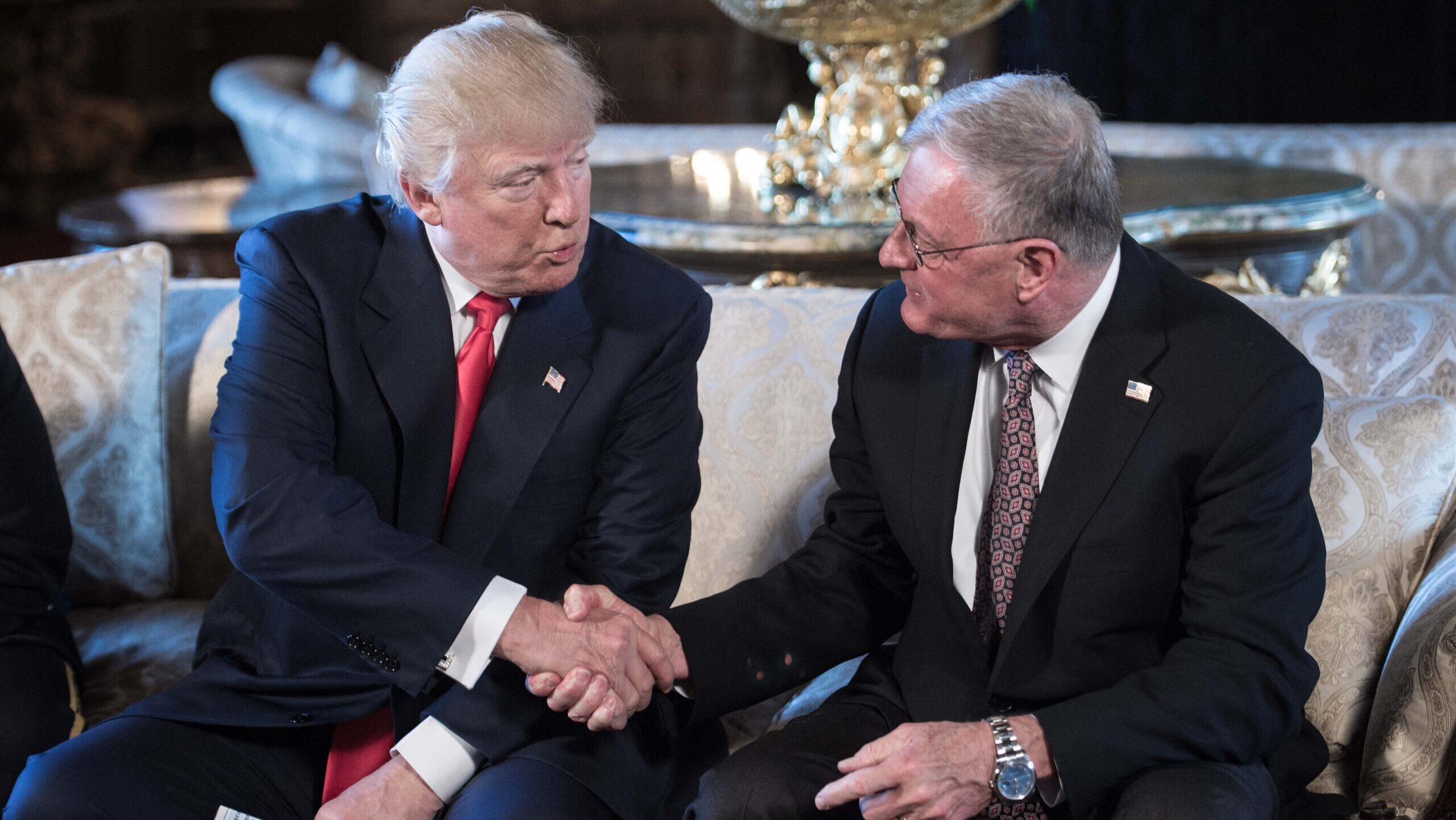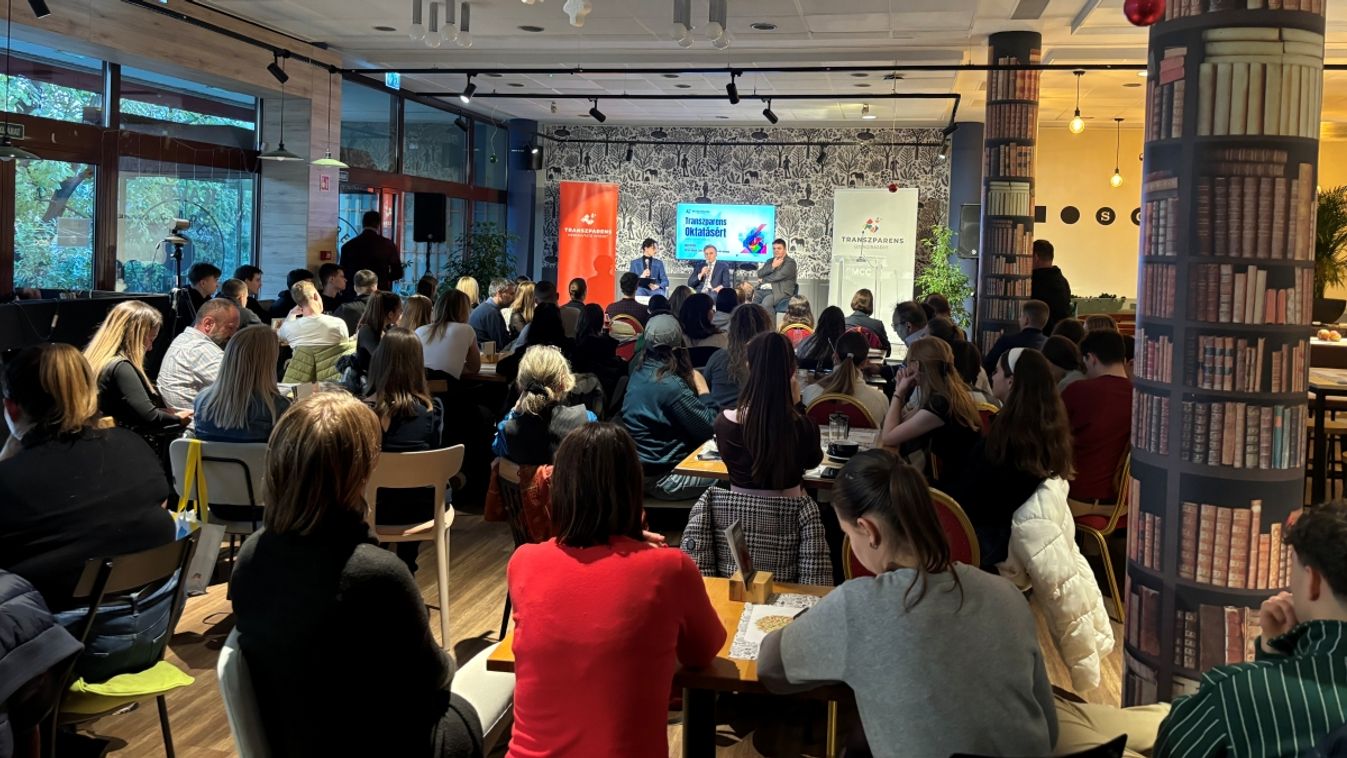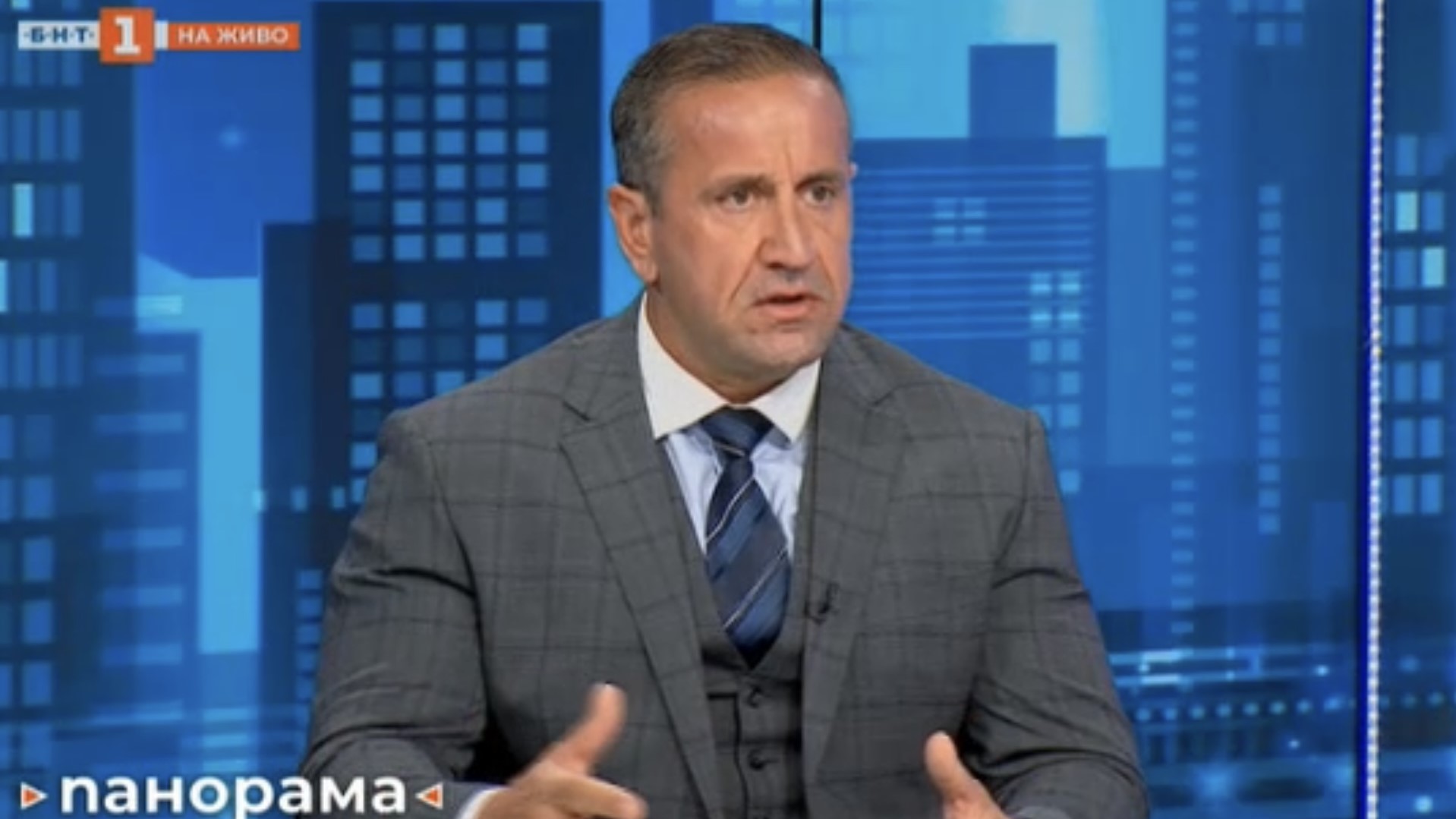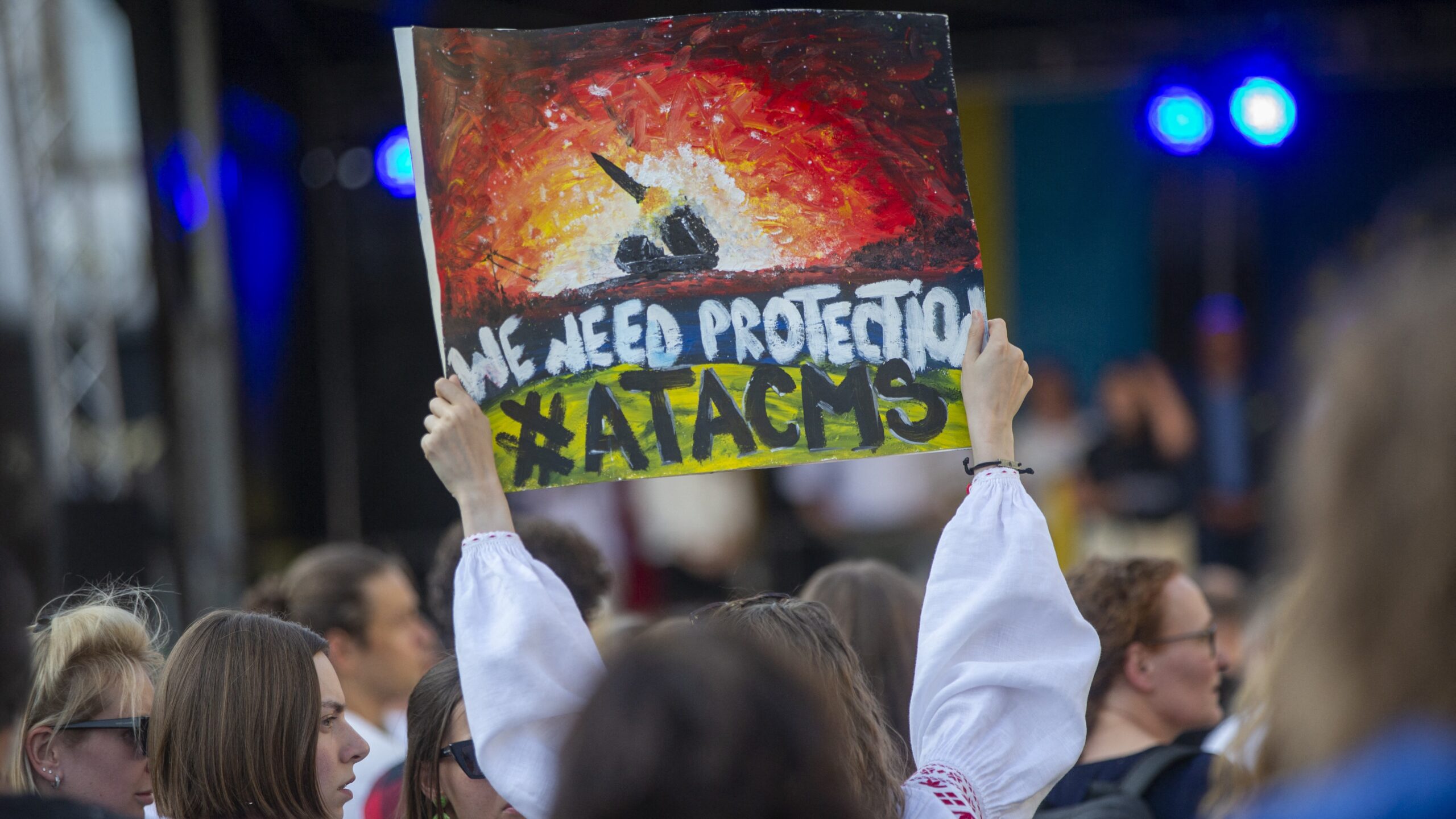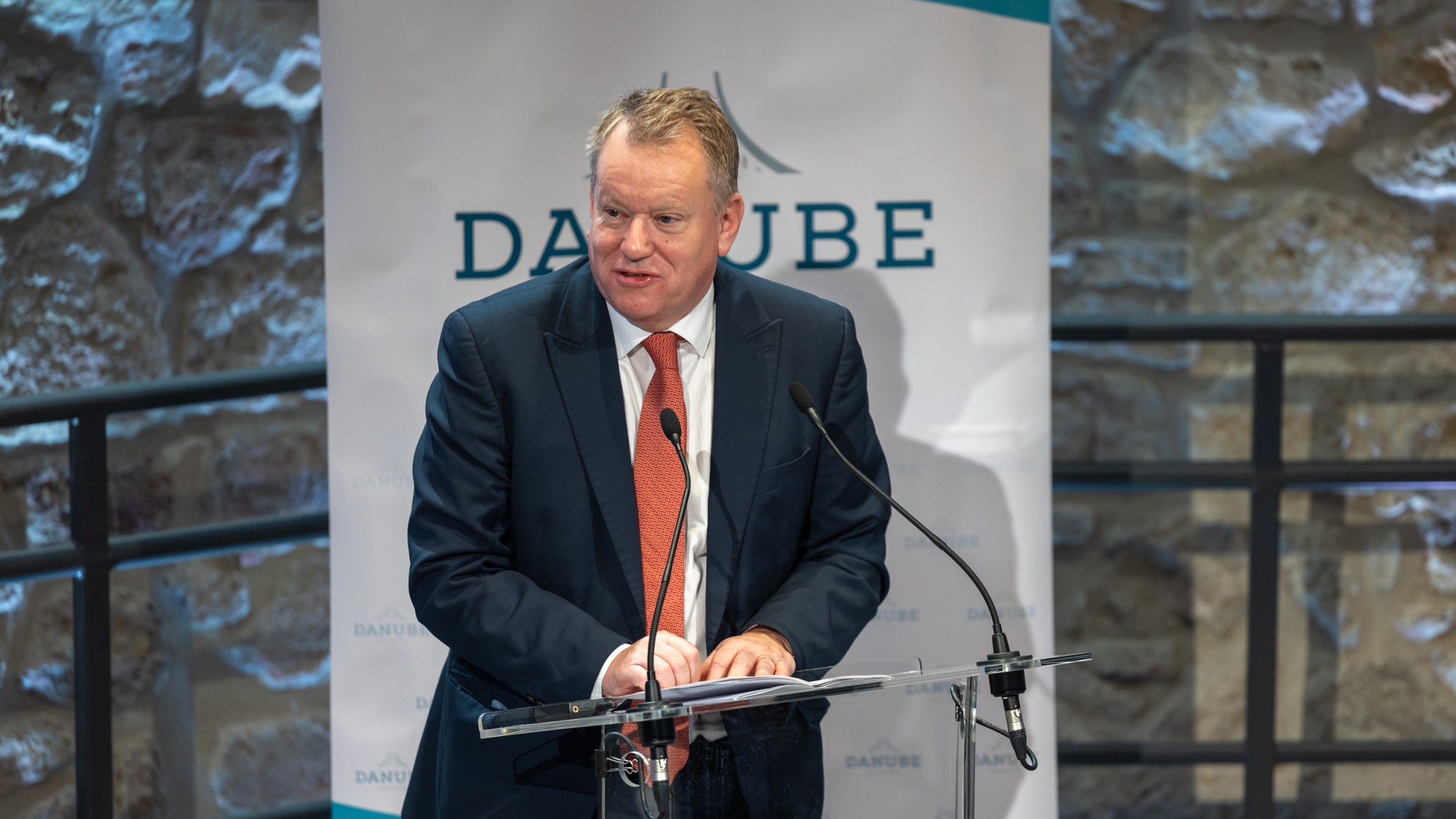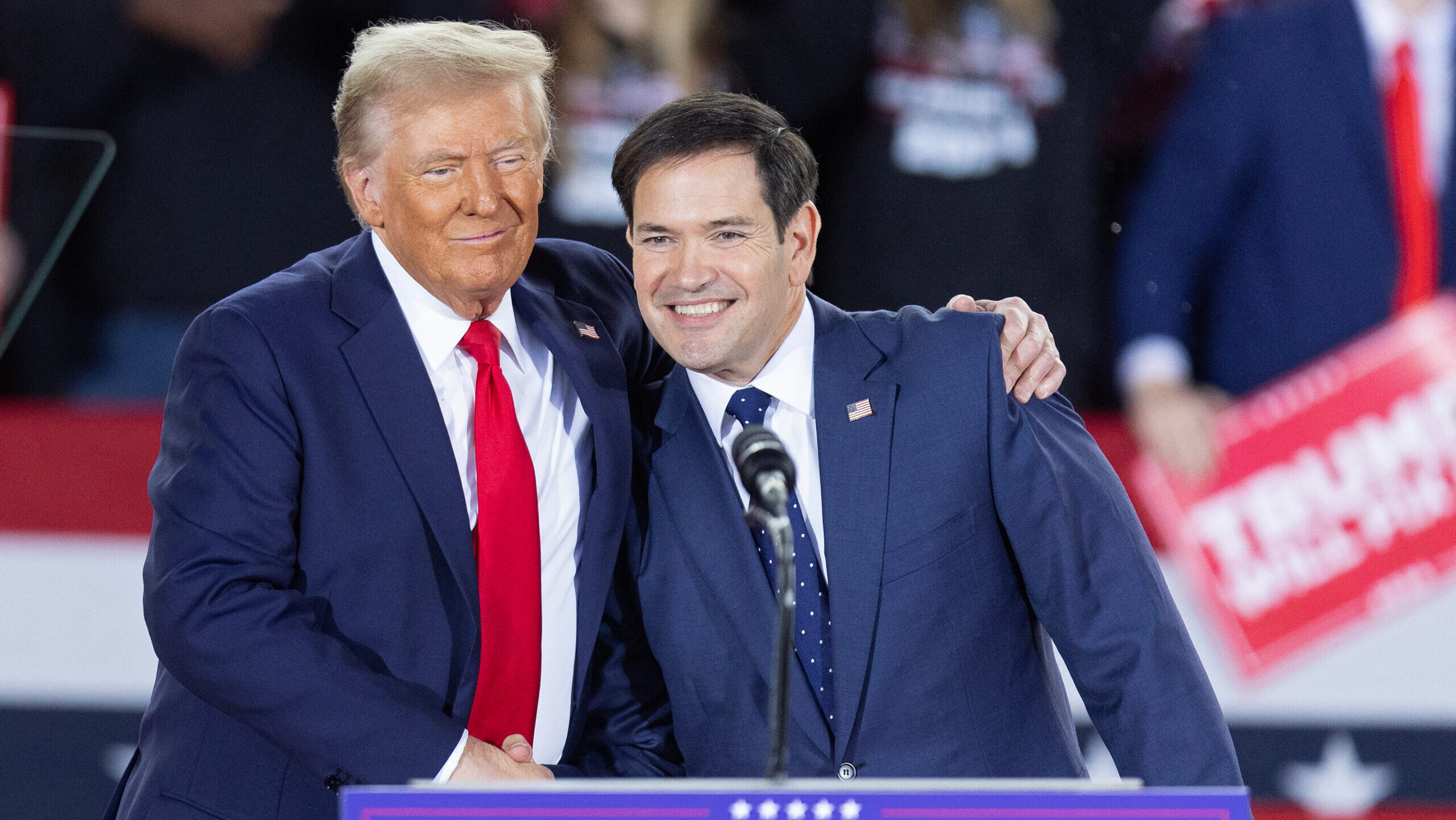
Trump Promises ‘All Hell to Pay’ for Hamas — Peace through Strength in Action
Donald Trump has issued a stern warning to Hamas: if all hostages are not released by 20 January, they will face consequences unprecedented in American history. During his first term, Trump’s peace through strength diplomacy proved highly effective, and there is every indication that he will continue to achieve significant foreign policy successes as President.

